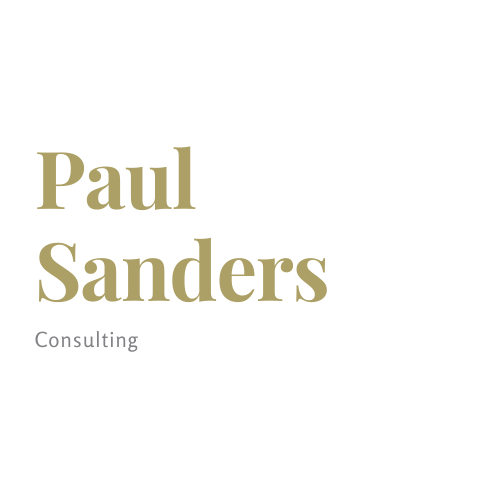I've been somewhat quiet recently (well, at least when it comes to my blogging) - I actually checked back and noticed I haven't posted anything since the back end of last year! I've still done a whole lot of posting on the rest of my social medias, so I haven't been silent.
I was looking through my goals for 2023, and it got me thinking about how many I have actually achieved, what is no longer my goal and what will need to be pushed into 2024. I'll get around to writing the goals for 2024 post before the end of the year, covering the various aspects. However, one of these goals did stand out, and I thought I would write a post about it, as I think it is an important one.
The goals in question focused around having more time to spend with the family, and being more of a consultant than a contractor... and I'm somewhat please of the transition. It hasn't been easy, but I'd like to think my life is better now that I have moved that way.
The old way
Back in 2022, the majority of my work came from being an IT Contractor - for those of you not in the UK, this is effectively a freelance role, where you engage with your customers as a Limited Company. There are various guises of it out there (some of which has created the whole IR35 debacle), but they all have a common theme... you typically work for a client for 3 to 6 months via some recruitment agency to deliver a project. It is all consuming and most of the time, you are seen as part of the delivery teams. I'm always strict in keeping myself outside of IR35, but I wasn't getting the flexibility I wanted to help with building the career I wanted.
I was close to burnout, and if I'm honest, starting to hate IT a little. Which led me to push to a more consulting route. Main reason for this is two-fold. The first was to give me more time and flexibility to build out a managed services provider, Yobah (more on that in another post), and the second was to do outcome based, or more adhoc work for multiple clients, keeping me entertained.
The new way
So, this is where I started moving and working towards the flexible model. Speaking with recruiters and potential contracts pretty much stopped over night, as I changed the way my LinkedIn profile looked - it went from contractor to consultant, and titles changed.
I then started talking a lot more to contacts within the industry that I had worked with in the past. They had gone to growing consultancies who had associate programs. Where they build up a talent pool of independent consultants they can call upon for the time boxed, outcome focused deliveries for skills they don't have available - whether that be because of workload or not their standard deliveries. Work could range from a few hours helping them bid for a piece of work, to 6 to 7 weeks to define a strategy for one of their customers.
It works better for them, their customers, and in this case, me. After I had a few engagements via this model, my confidence to work in this way grew, and as such, the worry of not being billable every day started to dwindle.
Getting my own
This also led to having more flexibility and drive to start getting my own engagements. Rather than just waiting for the consultancies to contact me, I would speak to various other contacts to see how I can help them... and low and behold, I started to get some outcome based, fixed price engagements to help them with their security strategies. No middle men, direct communication with the key stakeholders and able to drive some real change for them.
It was a learning curve, and required some pretty serious will power to focus on getting the work out there (damn you Xbox!), but in the end, it has set the scene nicely for 2024.
So why this post?
This post originally set out to be a guide on how best to transition into this model yourself, although I think that might be for another day. I do think however, that it will give you some inclination to give it a go yourself, with a couple of initial steps you can take to do it yourself.
- Update your LinkedIn profile to be focused on consulting. Rather than asking for 'jobs', start interacting with your ideal customers and connections, create them content that will help them.
- Drop emails to your contacts in the past, let them know what you are up to, maybe point them to a post you have recently created.
- Join associate networks and reach out to consultancies. They are all starting to have them now as the industry becomes so much more complex. Attend their networking events and interact with key members of their team online. You never know when they will give you a shout.
So if you are wanting to start the move, start reaching out to your connections, look for associate networks for other consultancies and get your name and content out there. You are only a few conversations away from starting the journey.
That's it for now
So, for my first post of the year (a little late, I know!), I'm going to look at the next few posts and maybe make this into something more of a plan or guide to achieve it yourself. So if you are interested in how to achieve it yourself, drop a message in the comments and I'll put one together.



